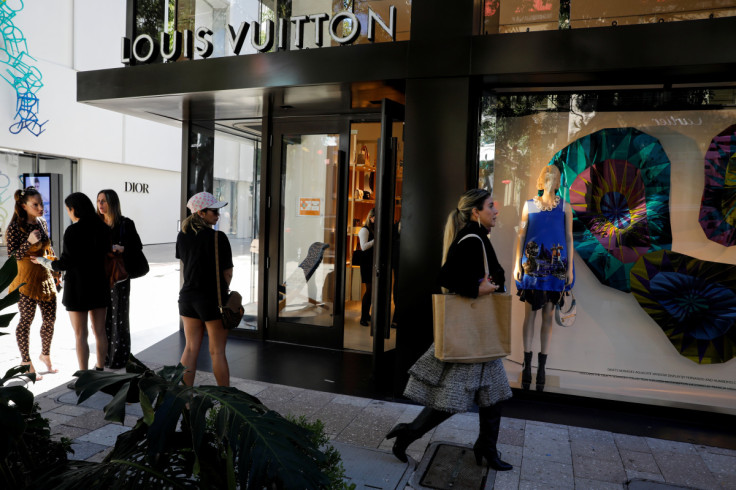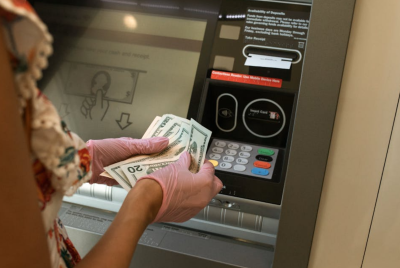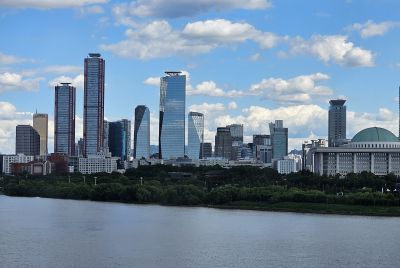Chinese National Spent $3.5M in Cash at Louis Vuitton — Now a Money Laundering Probe Is Underway

Prominent luxury fashion brand Louis Vuitton is at the centre of a new controversy as its stores in the Netherlands have been named in a criminal probe into money laundering.
Dutch authorities revealed this after a Chinese woman was found to have attempted to launder over $3.5 million (€3 million) in cash from an underground shop and use the money to shop at a high-end store, further straining Louis Vuitton's reputation in the luxury space.
More Details on the Criminal Probe
As first reported by Dutch newspaper AD, a Chinese woman, identified only as Bei W., was involved in the laundering-buying scheme, which was conducted across multiple Louis Vuitton branches in a local area where a staff member at a Louis Vuitton boutique is believed to have assisted her with the shopping.
According to the authorities, the employee introduced Bei to the latest handbag models and ensured that each of her cash transactions remained under €10,000 (£8,670.40)—the threshold that triggers mandatory reporting by the store.
Police had earlier discovered a substantial collection of Louis Vuitton items at Bei's residence, which raised concerns.
The luxury goods are packed in several Praxis-branded boxes, uncovered during a search of said residence. Additional boxes filled with designer handbags are also located at a DHL distribution centre, with their intended destinations listed as China and Hong Kong.
Following a formalisation of said probe, Bei attended a preliminary court hearing last week, with proceedings set to resume sometime next year. However, it remains uncertain whether the Public Prosecution Service will formally pursue charges against Louis Vuitton for its potential role in enabling money laundering.
Probe Rooted in 'Daigou'!
One of the factors authorities are linking to the incident is the prevalence of the so-called 'daigou', meaning 'buying on behalf of' in Chinese.
This refers to individuals or small businesses who purchase luxury goods overseas to resell them—often to avoid high import taxes or limited domestic availability.
This grey-market trade, particularly popular in China, has grown into a multibillion-dollar industry. Daigou shoppers typically focus on luxury fashion, cosmetics, and baby formula, exploiting price differences and brand exclusivity.
Potential Links to Global Money Laundering
Operating mainly in legal grey areas, many daigou transactions are conducted in cash, often in high volumes and without proper documentation, making them attractive channels for illicit financial flows. Criminal networks may exploit these informal supply chains to disguise the origin of dirty money by converting it into high-end products, which are then resold for clean funds.
Crackdowns on these operations have been rampant in China. In 2023, authorities in the province of Hainan intensified their crackdown on the smuggling of duty-free goods by so-called purchasing agents, including taogou (fraudulent buyers) and daigou traders.
The move followed a landmark Anti-Smuggling Work Conference held in Haiko, where officials outlined new enforcement priorities targeting illegal resale activities.
© Copyright IBTimes 2025. All rights reserved.





















